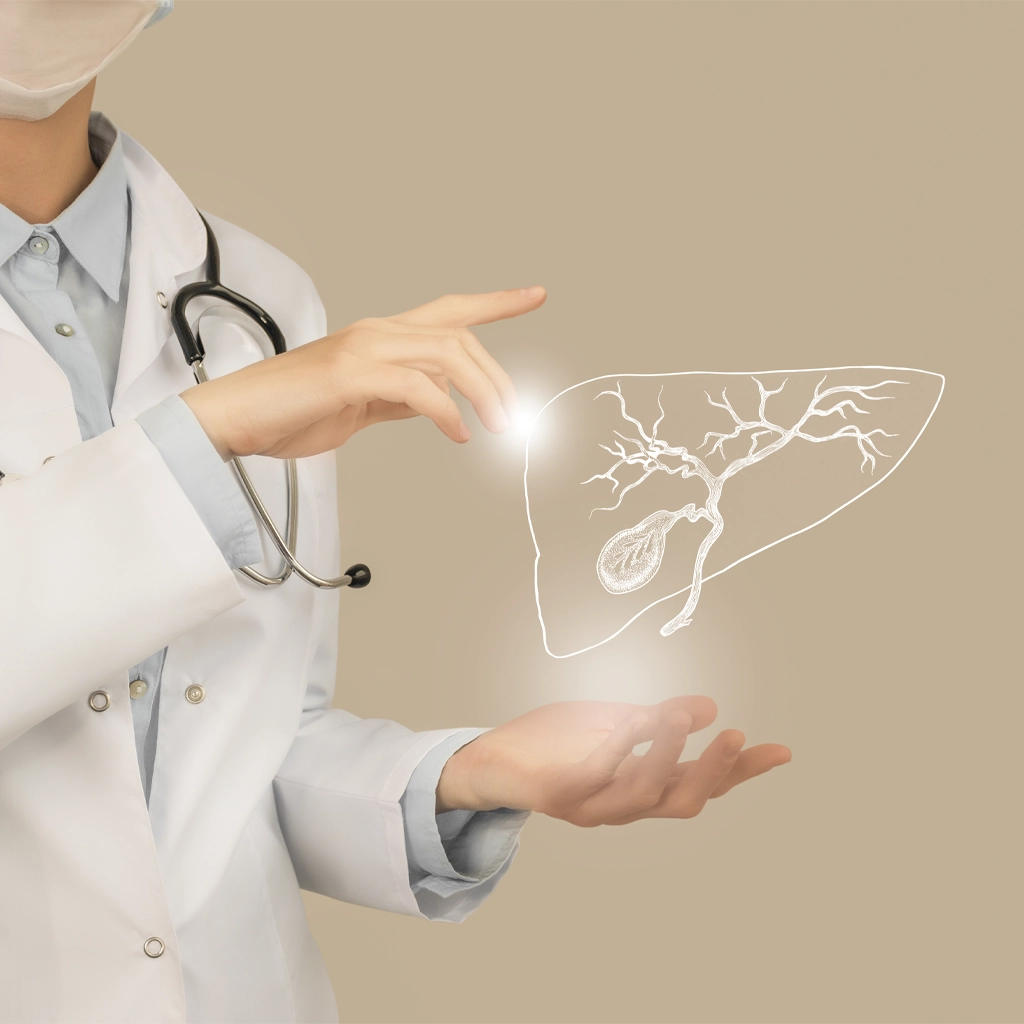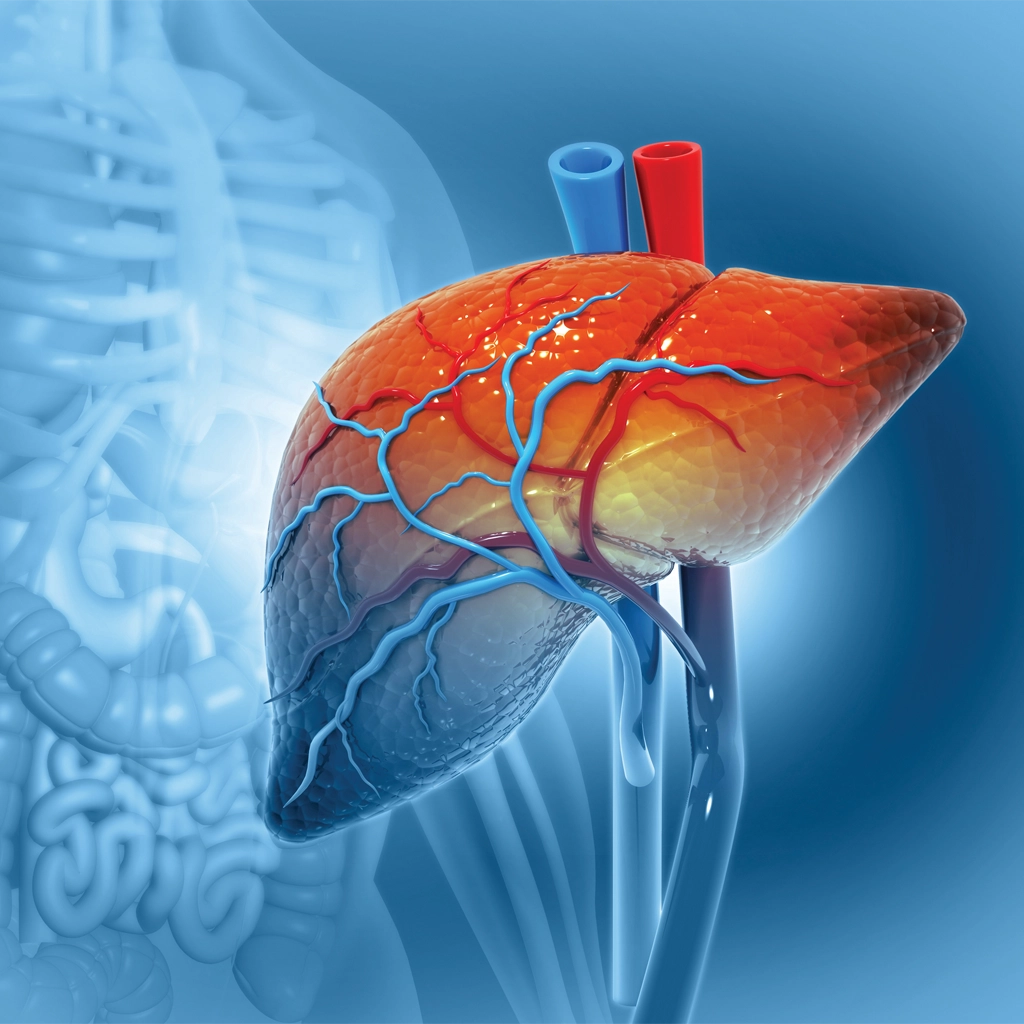Y90 Radioembolization
For the treatment of primary and metastatic liver cancer
Primary and metastatic liver cancer is one of the most difficult types of cancer to treat. Surgical removal of liver tumors offers the best chance for a cure. Unfortunately, these tumors are often inoperable because they may be too large, or they have grown into major blood vessels or other vital structures. Sometimes, many small tumors are spread throughout the liver, making surgery too risky or impractical.

